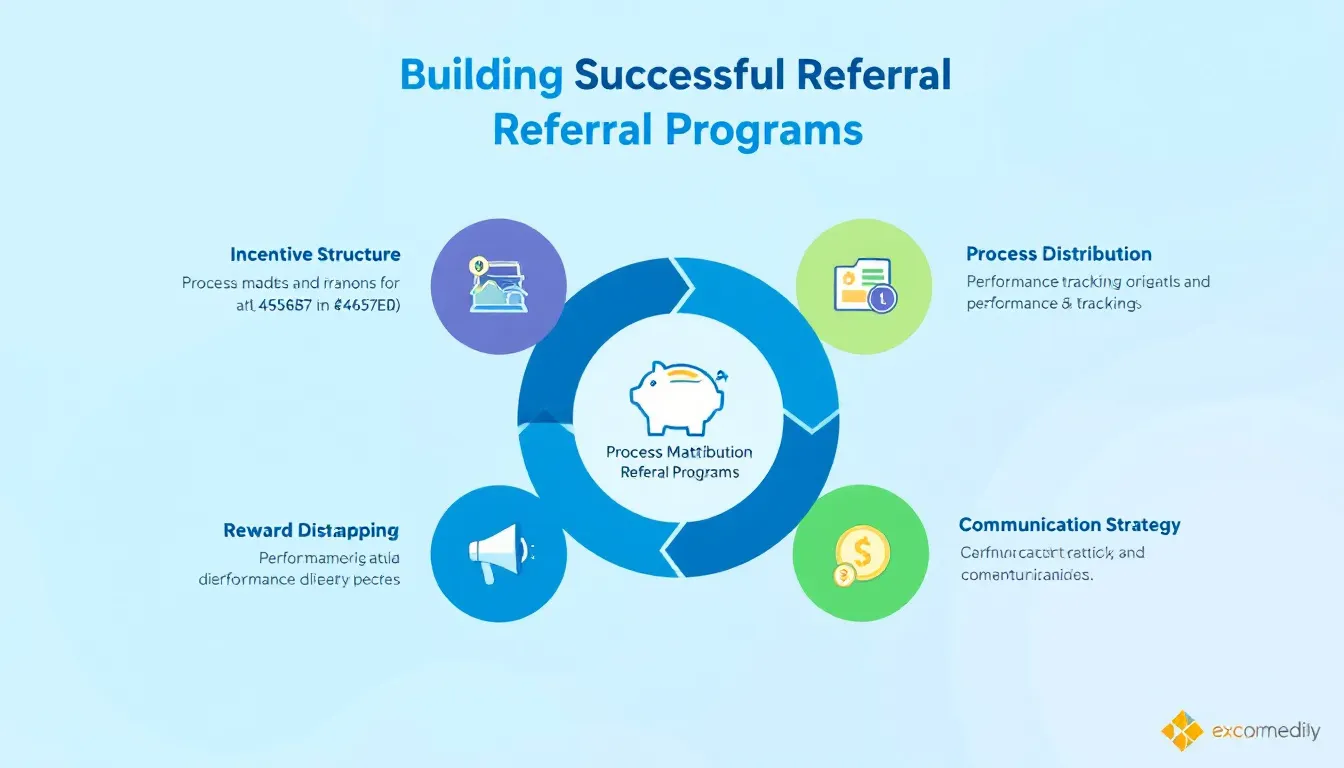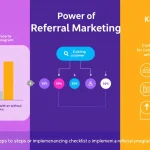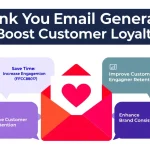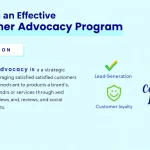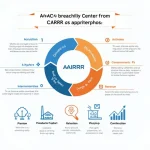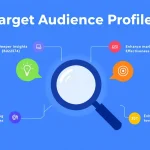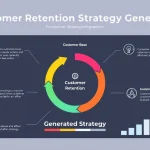Is this tool helpful?
How to Use the Referral Program Generator Tool Effectively
Our Referral Program Generator Tool is designed to help businesses create effective referral marketing strategies. Here’s a detailed guide on how to use each field:
1. Business Name
Enter your company’s legal name or trading name. For example:
- “TechSprint Solutions”
- “Green Leaf Wellness Center”
2. Product or Service
Specify the main offering you want to promote through referrals. Examples:
- “Enterprise Cloud Security Solutions”
- “Personal Fitness Coaching Programs”
3. Referral Incentives
Detail the rewards for successful referrals. Consider these examples:
- “15% commission on first-year subscription value + $100 activation bonus”
- “Two months free service for both referrer and referee + exclusive VIP membership status”
4. Current Challenges
Describe your marketing obstacles. Sample entries:
- “Saturated digital advertising market with rising PPC costs and low conversion rates”
- “Limited brand awareness in new geographic markets and difficulty penetrating established networks”
5. Target Audience Profile
Define your ideal customer characteristics:
- “C-level executives in manufacturing companies with 100+ employees”
- “Health-conscious professionals aged 25-45 in metropolitan areas”
Understanding the Referral Program Generator
A referral program generator is a strategic tool that helps businesses create structured word-of-mouth marketing campaigns. It transforms casual recommendations into a systematic approach for customer acquisition by providing clear incentives and tracking mechanisms.
Core Components of an Effective Referral Program
- Incentive Structure Design
- Referral Process Mapping
- Reward Distribution System
- Performance Tracking Metrics
- Program Communication Strategy
Benefits of Using the Referral Program Generator
1. Cost-Effective Customer Acquisition
Referral marketing typically results in a lower Customer Acquisition Cost (CAC) compared to traditional marketing channels.
2. Higher Quality Leads
Referred customers often have:
- 37% higher retention rate
- 18% lower churn rate
- 25% higher lifetime value
3. Accelerated Growth
Well-structured referral programs can create exponential growth through network effects, following the formula:
$$R = C × (1 + r)^n$$Where:
- R = Total Reach
- C = Initial Customer Base
- r = Referral Rate
- n = Number of Referral Cycles
Problem-Solving Capabilities
1. Marketing Cost Optimization
The tool helps businesses reduce marketing expenses by leveraging existing customer relationships. For example, a SaaS company implementing the generated referral program achieved:
- 45% reduction in CAC
- 3.2x ROI on referral rewards
- 28% increase in new customer signups
2. Market Penetration Barriers
Addresses common market entry challenges through:
- Trust-based recommendations
- Social proof acceleration
- Network effect utilization
Practical Applications and Case Studies
Example 1: B2B Software Company
Input:
- Business: CloudTech Solutions
- Product: Enterprise Management Software
- Incentive: 20% first-year commission + implementation fee waiver
- Challenge: Long sales cycles and high customer education needs
Results:
- 156 qualified referrals in 6 months
- 42 new enterprise clients
- $820,000 additional revenue
Example 2: Fitness Studio Chain
Input:
- Business: FitLife Studios
- Service: Premium Membership Packages
- Incentive: Three months free for both parties
- Challenge: High competition in metropolitan areas
Results:
- 312 new members through referrals
- 68% retention rate for referred members
- $245,000 increase in annual recurring revenue
Frequently Asked Questions
What makes a referral program successful?
Successful referral programs combine attractive incentives, clear communication, and simple participation processes. The reward structure should align with your customer lifetime value and market positioning.
How do I determine the right incentive amount?
Calculate your customer lifetime value (CLV) and allocate 15-30% as the referral reward. Consider both monetary and non-monetary incentives based on your target audience preferences.
Should rewards be single-sided or double-sided?
Double-sided rewards (benefiting both referrer and referee) typically generate 71% higher participation rates and better program sustainability.
When should I launch my referral program?
Launch after establishing a stable customer base with at least 100 satisfied customers to ensure sufficient program momentum and authentic recommendations.
How can I promote my referral program?
Utilize multiple channels including:
- Email marketing campaigns
- In-app notifications
- Social media announcements
- Customer service touchpoints
- Website integration
What metrics should I track?
Key performance indicators include:
- Participation rate
- Conversion rate of referrals
- Program ROI
- Average reward redemption time
- Customer satisfaction scores
Important Disclaimer
The calculations, results, and content provided by our tools are not guaranteed to be accurate, complete, or reliable. Users are responsible for verifying and interpreting the results. Our content and tools may contain errors, biases, or inconsistencies. We reserve the right to save inputs and outputs from our tools for the purposes of error debugging, bias identification, and performance improvement. External companies providing AI models used in our tools may also save and process data in accordance with their own policies. By using our tools, you consent to this data collection and processing. We reserve the right to limit the usage of our tools based on current usability factors. By using our tools, you acknowledge that you have read, understood, and agreed to this disclaimer. You accept the inherent risks and limitations associated with the use of our tools and services.
